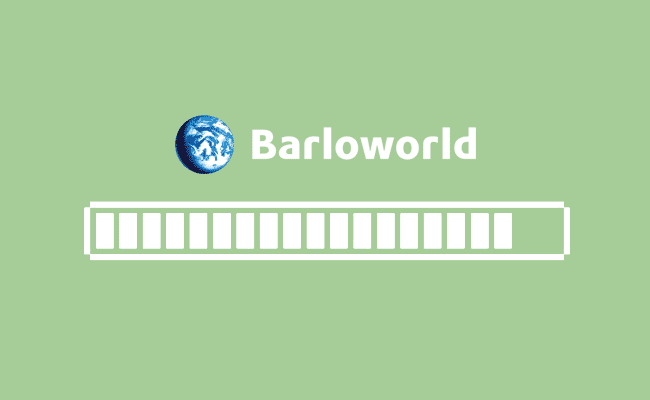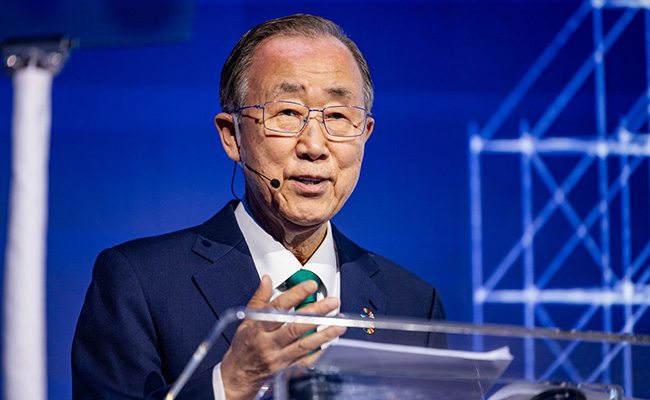Dominic Sewela’s bid to buy Barloworld must rank as one of the most complicated and controversial deals to hit the JSE in recent years. Yet, his and Saudi group Zahid’s R120 a share offer is close to being wrapped up, less than a year after it was announced.
The thing is, those complications and controversies were avoidable.
On the complicated side not only was there a scheme of arrangement offer, but a standby offer, too. There were all sorts of conditions – some that could be waived, some that couldn’t and then others that maybe could be waived.
When the shareholder circular was released, it was difficult not to assume this deal could be years in the finalising.
And then there were the controversies – chief of which is the fact that Sewela is still serving as Barloworld’s CEO while being a key player in the bidding consortium. This has created all manner of potential conflicts of interest which the Newco consortium, led by Zahid, has chosen to ignore.
There were the lesser controversies such as the investigation into possible US export control violations relating to Barloworld’s Russian operations. Newco could have withdrawn from the deal if the findings had been sufficiently troubling. As it happened the investigation declared that while there had been breaches of US export controls there had been no breach of sanctions.
All in all it was hardly surprising when in February 2025 shareholders, led by the Public Investment Corporation (PIC) (with 22%) and UK-based Silchester International Investors (17.2%), rejected the scheme of arrangement offer. Then the standby offer came into play. And Newco got to work addressing the PIC’s concerns, which were centred around broad-based BEE.
They were easily enough addressed. Newco promised to allocate a 5% stake to an unidentified women’s BEE group and an additional 5% to employees. But the allocations would only happen once Barloworld was delisted.
Left unsaid was the fact the delisting could not happen unless at least 90% of Barloworld shareholders accepted Newco’s offer. Given that Silchester had said it was holding out for R130 a share, a delisting looked impossible. Everybody, including the competition authorities, chose to ignore this.
But on the deal marched, and with every regulatory hurdle scaled the pace picked up. In an usually speedy decision the South African Competition Tribunal gave the transaction its nod of approval in August. This was followed by Namibian and Angolan competition regulators. Finally, on October 1 Newco agreed to waive its final condition, the one relating to the receipt of competition approval by the Common Market for Eastern and Southern Africa.
So now shareholders have until October 15 to accept the offer. Anyone who accepts by Friday October 3 will be paid on Wednesday October 8. Acceptances by October 10 will be paid on October 15 and those who leave it to the last minute on October 15 will be paid on October 16. (There is just one condition regarding this timeline – the Takeover Regulations Panel must issue its compliance certificate by Tuesday October 7.)
Newco spokesperson Sydney Mhlarhi says the deal reflects the consortium’s strong belief in the long-term potential of Barloworld. “It is a resounding endorsement of South Africa’s prospects,” he said.
Nothing guaranteed
Ahead of the offer going unconditional Newco had received 77.6-million acceptances, equivalent to about 41.6% of the company. Adding this to what’s already owned by Newco and the Barloworld Foundation takes the total under Newco’s control to 65%.
But the close of the offer (October 15) doesn’t mean the end of the road for Newco’s bid. Much will depend on what Silchester decides to do with its stake: whether it will sell into the offer or hold out and prevent a delisting in the hope of securing a higher price from Newco some months down the track.
Perhaps the former is more likely. In a surprise development in early September Barloworld announced Silchester had reduced its holding to 14.75%, which indicates it sold about 4-million shares at about R118 a share. An unexpected move, given Silchester’s previous statement about the company being worth R130 a share.
At the same time Barloworld revealed that Absa Capital Securities had built up a stake of 8% in the company. It’s difficult to understand why Absa Capital Securities would top up its holding at about R118 a share if it intends selling into the offer, given Newco will only be paying shareholders R118.80 and not R120 – to account for the R1.20 dividend paid earlier this year.
Urquhart Partners’ Richard Cheesman says right now nothing is guaranteed beyond the fact that Newco controls Barloworld. He was surprised by Silchester’s share sale, but says this could have had as much to do with internal portfolio alignment decisions as with the Newco offer.
He reckons the recent disappointing trading update from Barloworld (for the 11 months to end-August) might encourage more uptake for the deal. “In addition, there was no benefit for shareholders in accepting the offer before it became unconditional,” he tells Currency.
Newco hasn’t said anything, but it’s likely it will announce details of the pace of uptake within the next week or so.
Whether Barloworld is delisted or not, Cheesman is expecting corporate activity to follow the closing of this deal as the business is broken up and non-Caterpillar operations sold off.
This story was produced in partnership with Stanlib.
Top image: Rawpixel/Currency collage.
Sign up to Currency’s weekly newsletters to receive your own bulletin of weekday news and weekend treats. Register here.













